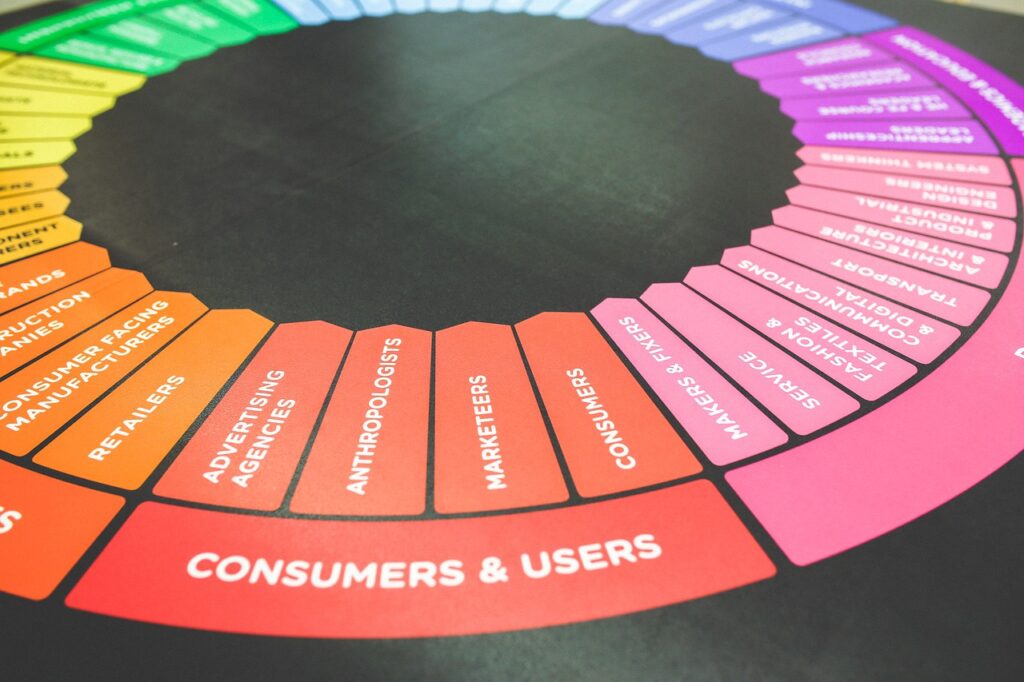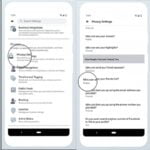Creating a business is just the first step; establishing a unique and memorable brand identity is what makes your company stand out in a competitive market. Your brand is more than just a logo or a name—it’s the personality, values, and visual identity that communicates your business’s story to the world. A well-defined brand fosters customer loyalty, builds trust, and helps people connect with your products or services.
To make this journey simpler, tools like Gemini can assist in crafting an authentic, memorable, and cohesive brand identity. Below is a detailed guide with practical prompts to help you define your brand’s essence, appearance, and communication strategies.
1. Brainstorm Company, Product, and Service Names

A strong name is the foundation of brand recognition. It should reflect what your business does, be easy to pronounce, and be memorable for your target audience. Consider trademark safety to avoid conflicts.
Prompt:
“Generate a list of 10 creative and unique names for a company that offers (detailed product/service description). Names should capture the brand identity, be easy to pronounce and remember, and avoid existing brand conflicts.”
2. Define Mission, Vision, and Values

Your mission, vision, and values form the backbone of your brand’s philosophy.
- Mission: Explains why your company exists and its impact on customers and society.
- Vision: Shows where the company aspires to be in the future.
- Values: Core principles that guide decisions, culture, and business ethics.
Prompt:
“Write the mission, vision, and values for a company that offers (product/service description). Mission must convey the company’s purpose and impact, vision should highlight long-term goals, and values must reflect guiding principles and culture.”
3. Create Target Audience Personas
Understanding your target audience allows for precise messaging and tailored products. Personas are fictional profiles that represent your ideal customers, including demographics, behaviours, needs, and goals.
Prompt:
“Create three detailed personas for a company offering (product/service description). Include demographics, behaviors, challenges, needs, and objectives. Personas should reflect the ideal audience for marketing and content strategy.”
4. Define Brand Tone of Voice and Communication Style
Your brand’s tone of voice communicates personality and ensures consistency across platforms. Whether on social media, email campaigns, or website content, the tone should align with your brand identity.
Prompt:
“Define the tone of voice and communication style for a company offering (product/service description) targeting (audience). The tone should reflect brand personality, be consistent across all channels, and adapt to context.”
5. Select Typography for Brand Materials

Typography conveys personality and affects readability across digital and print materials.
Prompt:
“Suggest three typography combinations for a company offering (product/service description). Combinations should be readable, reflect brand identity, and suitable for different communication channels.”
6. Design a Brand Logo

A logo visually embodies your brand and must be versatile for all formats. A memorable logo strengthens recognition and brand loyalty.
Prompt:
“Suggest five logo concepts for a company offering (product/service description). Each concept should visually reflect the brand identity and be versatile across various platforms and formats.”
7. Choose a Brand Colour Palette

Colours evoke emotions and perceptions. A consistent colour palette reinforces identity and ensures visual harmony across marketing materials.
Prompt:
“Suggest a primary and secondary color palette for a company offering (product/service description). Colors should reflect brand personality and be suitable for different communication channels.”
8. Craft a Brand Introduction
The introduction is your first impression. It should clearly communicate what your company does, its unique differentiators, and the value it provides.
Prompt:
“Write a clear and engaging introduction for a company offering (product/service description). Highlight the company’s purpose, differentiators, and customer value.”
9. Standardise Social Media Formats

Consistency across social platforms ensures brand recognition and easier content creation. Standardised post formats enhance visual identity and maintain professional presentation.
Prompt:
“Suggest three standardized social media post formats for a company offering (product/service description). Formats should be visually appealing, consistent with brand identity, and adaptable to different platforms.”
Building a strong brand identity involves careful planning, creative input, and strategic consistency. By using structured prompts for naming, messaging, visuals, and communication, businesses can develop an authentic, memorable, and cohesive brand that resonates with their target audience.










